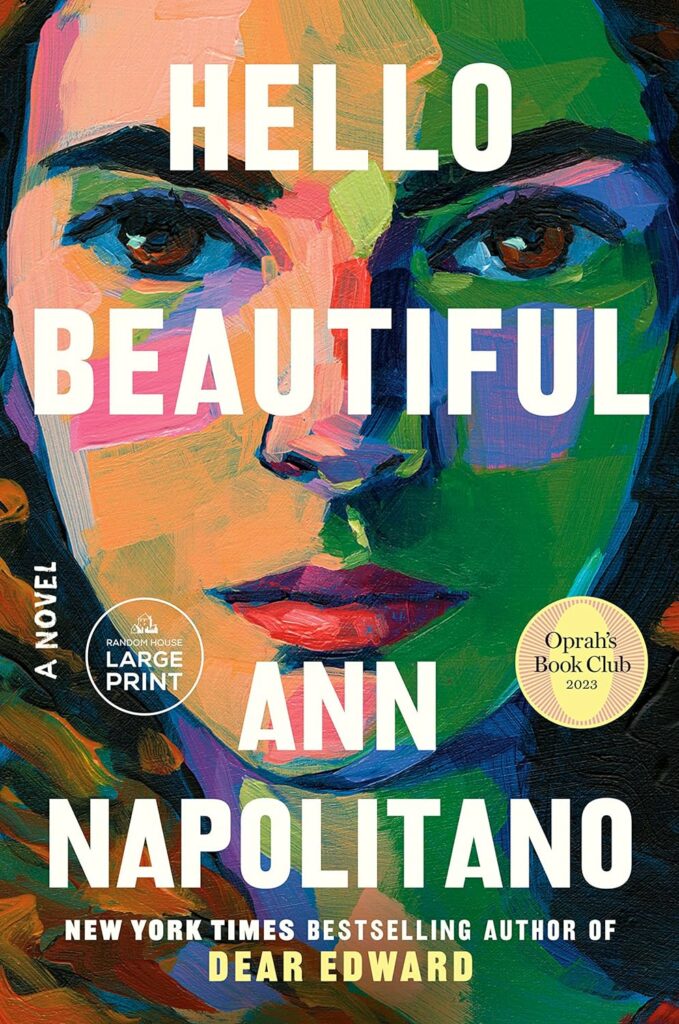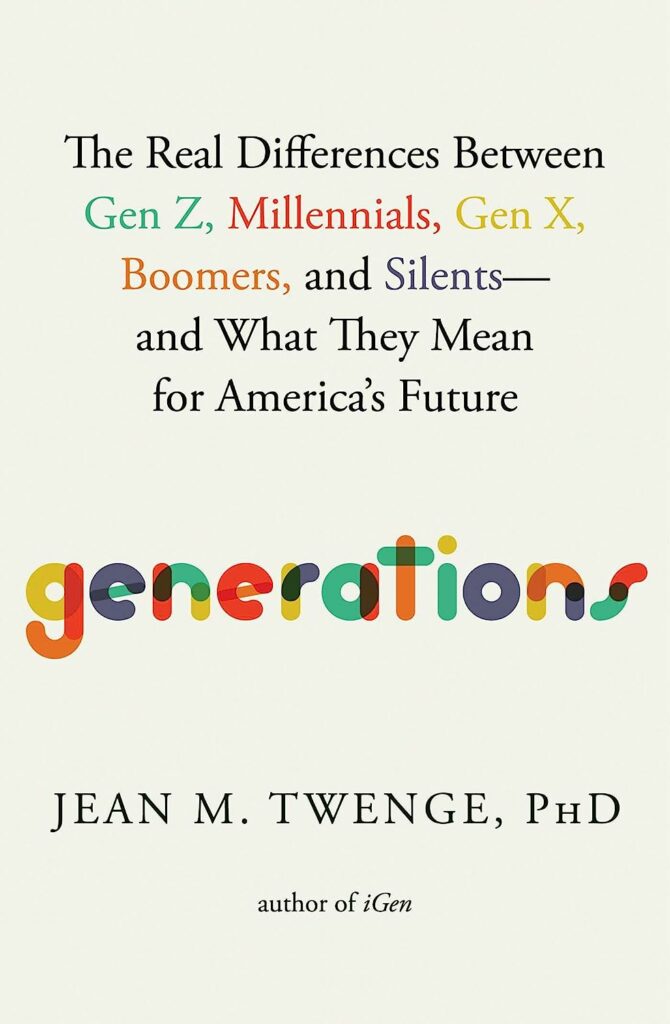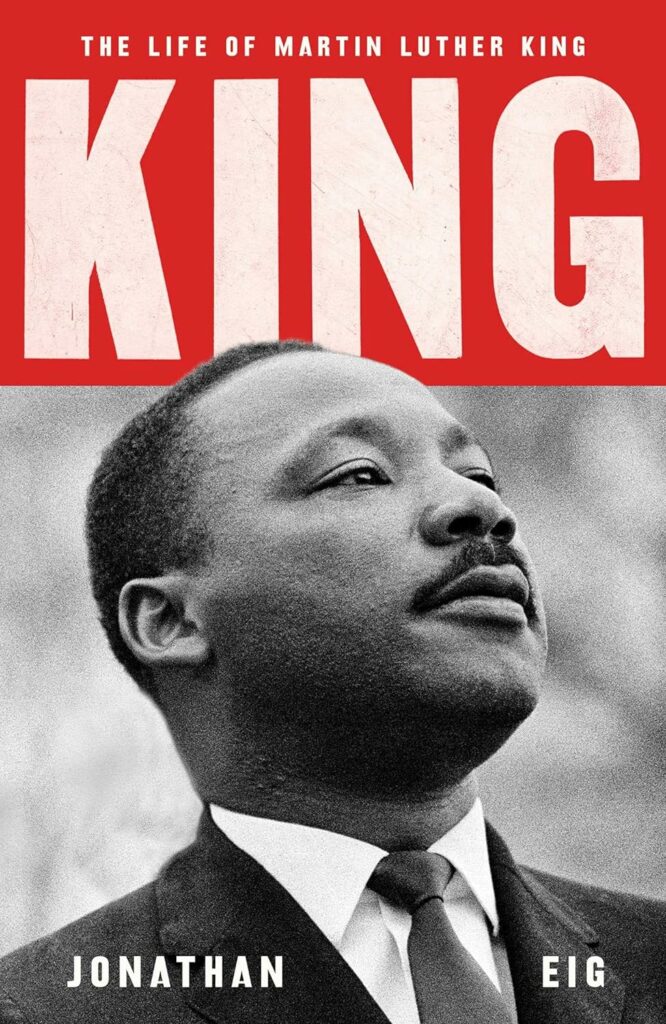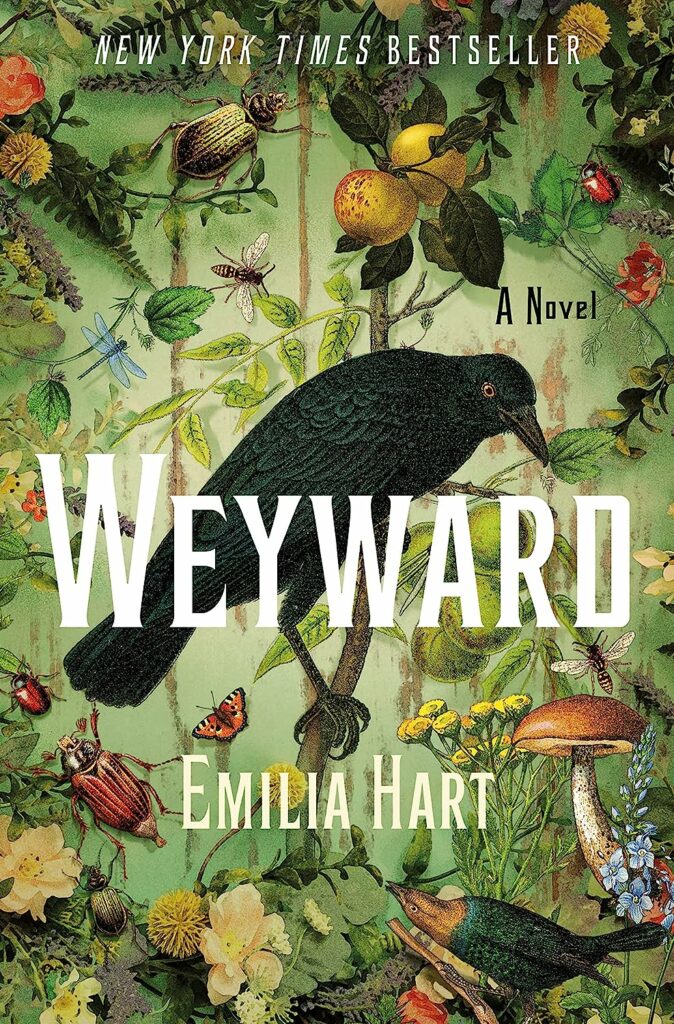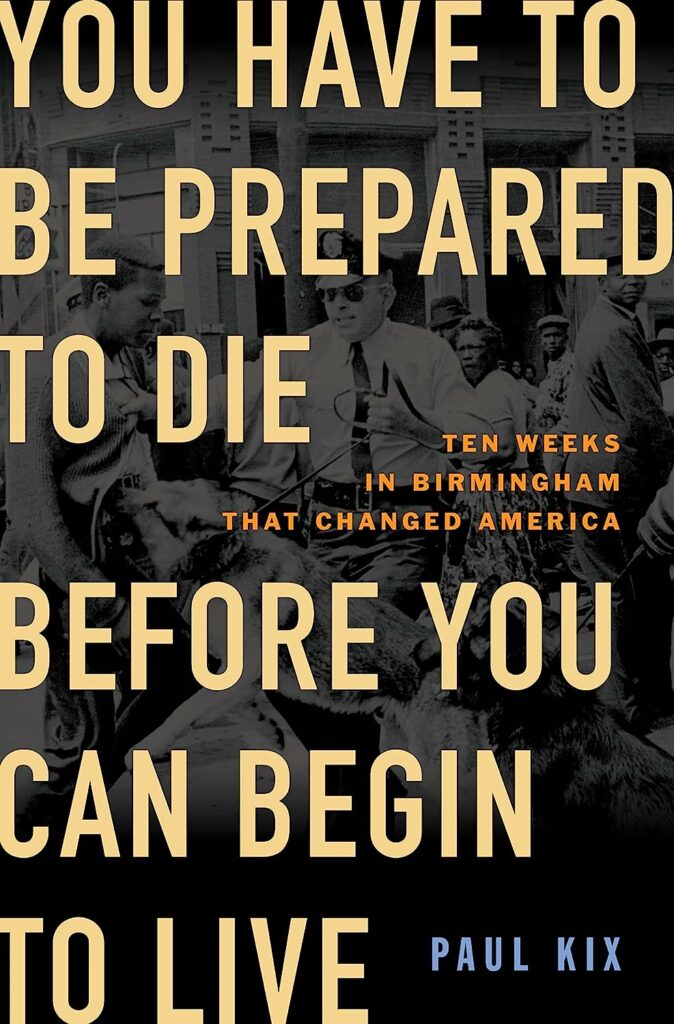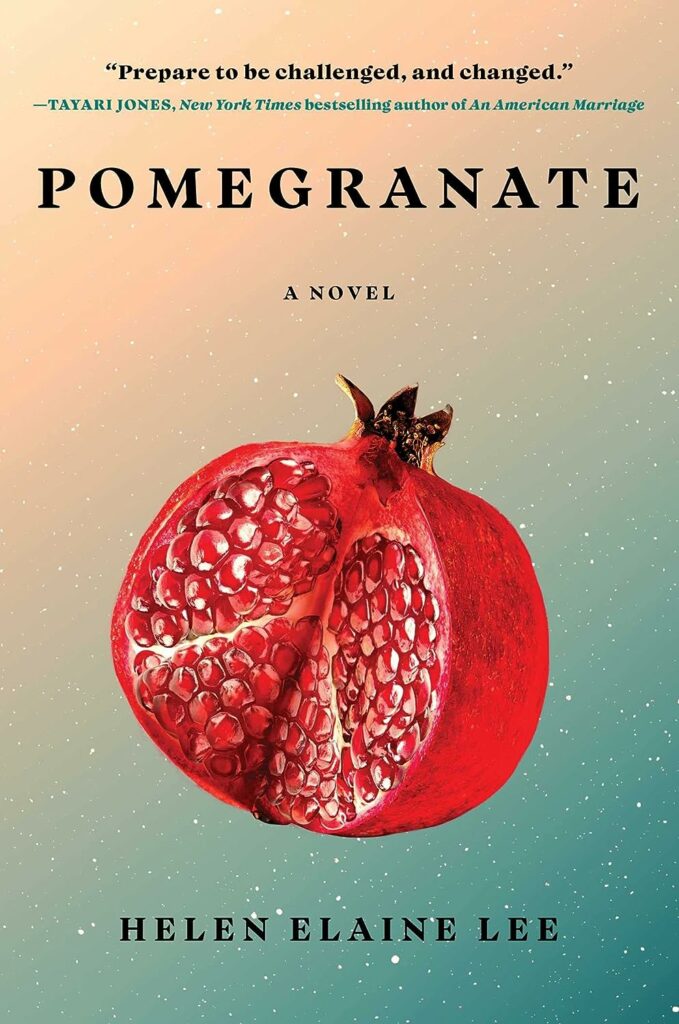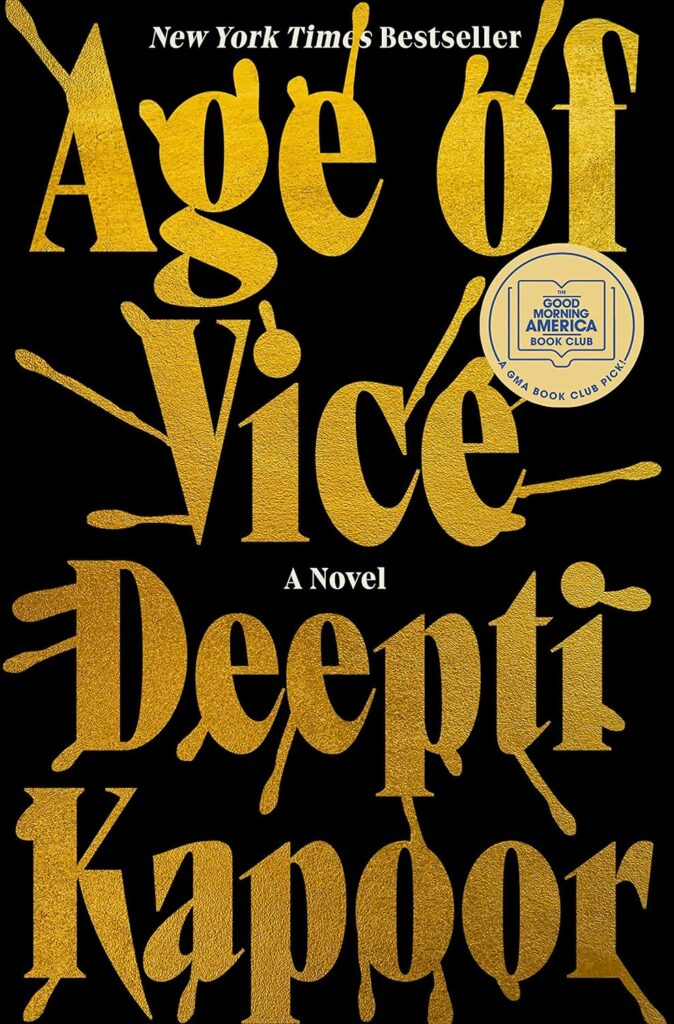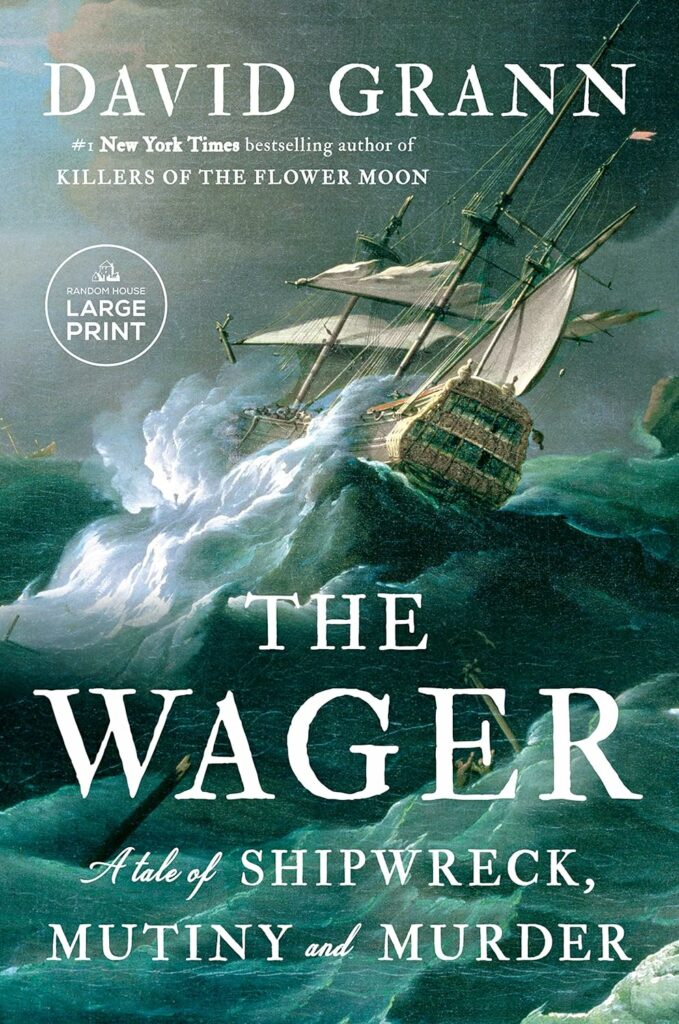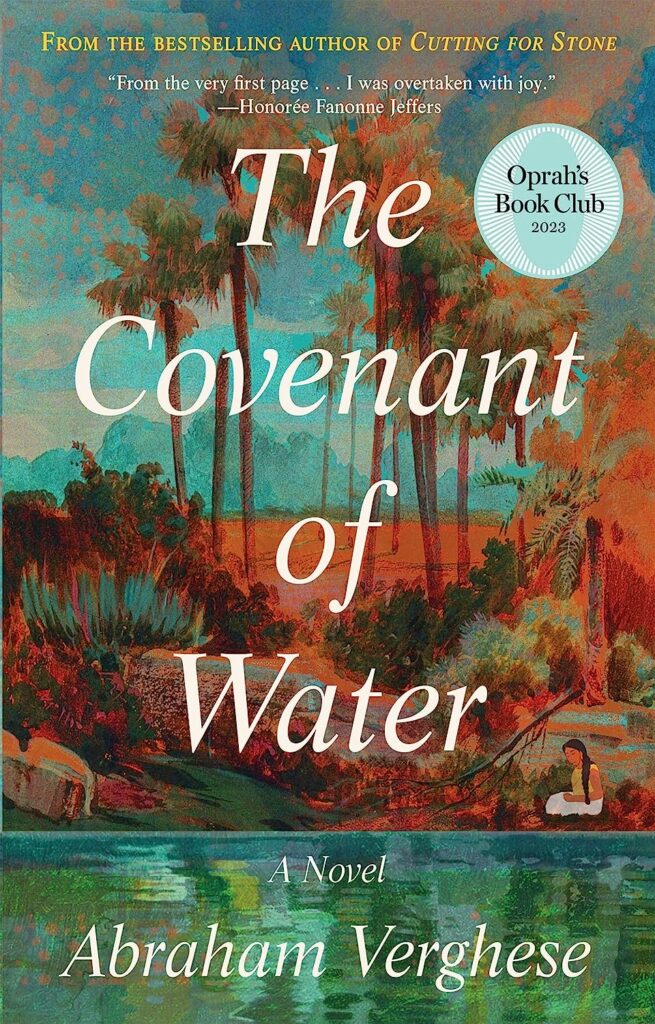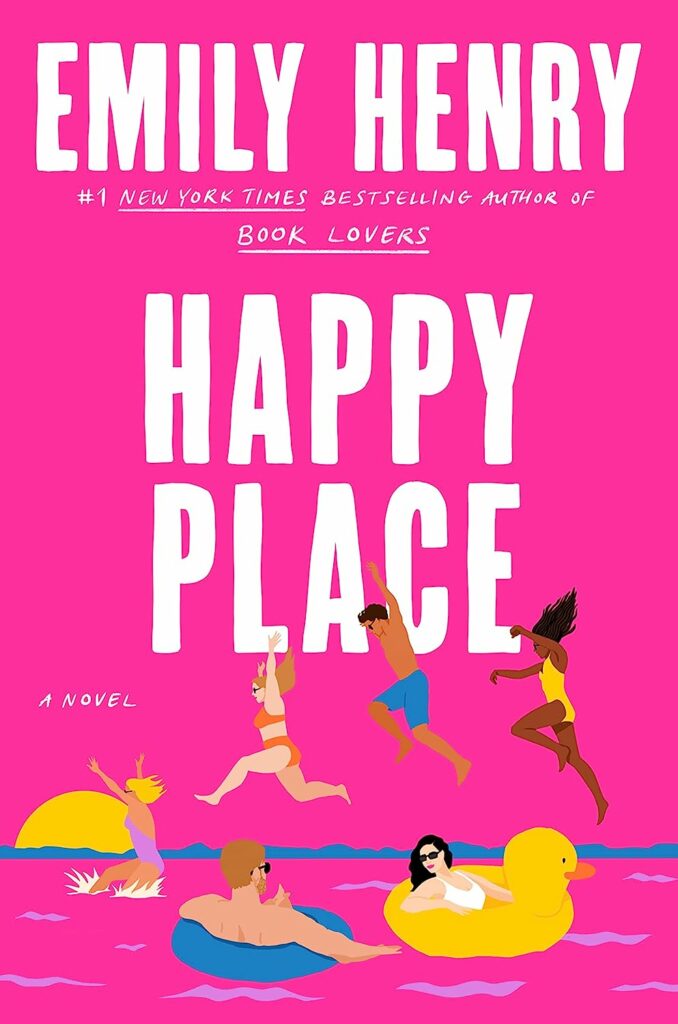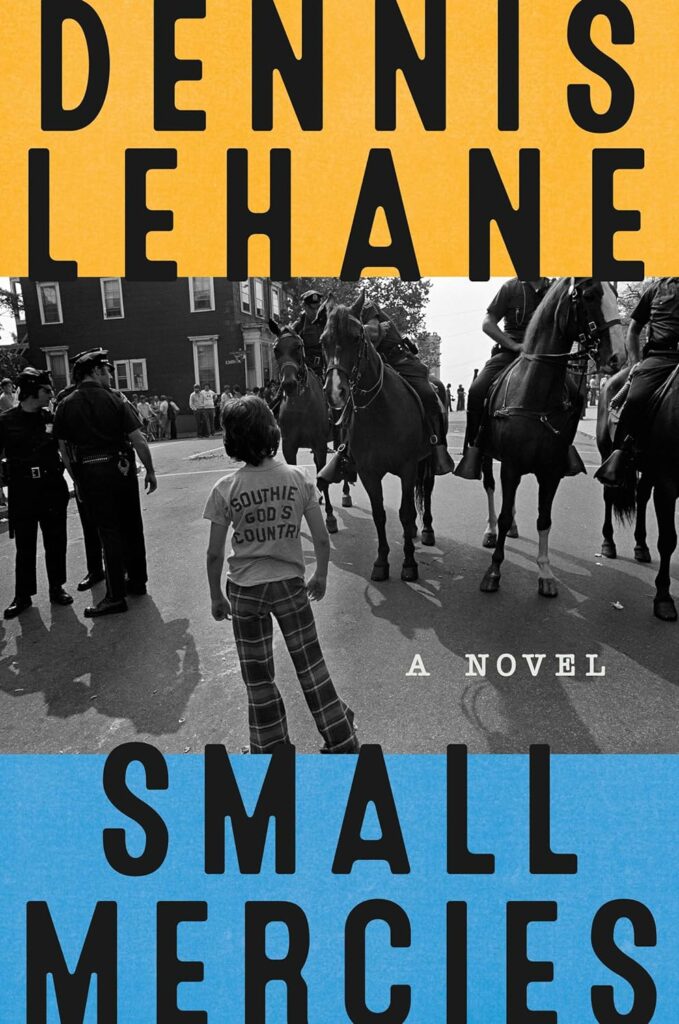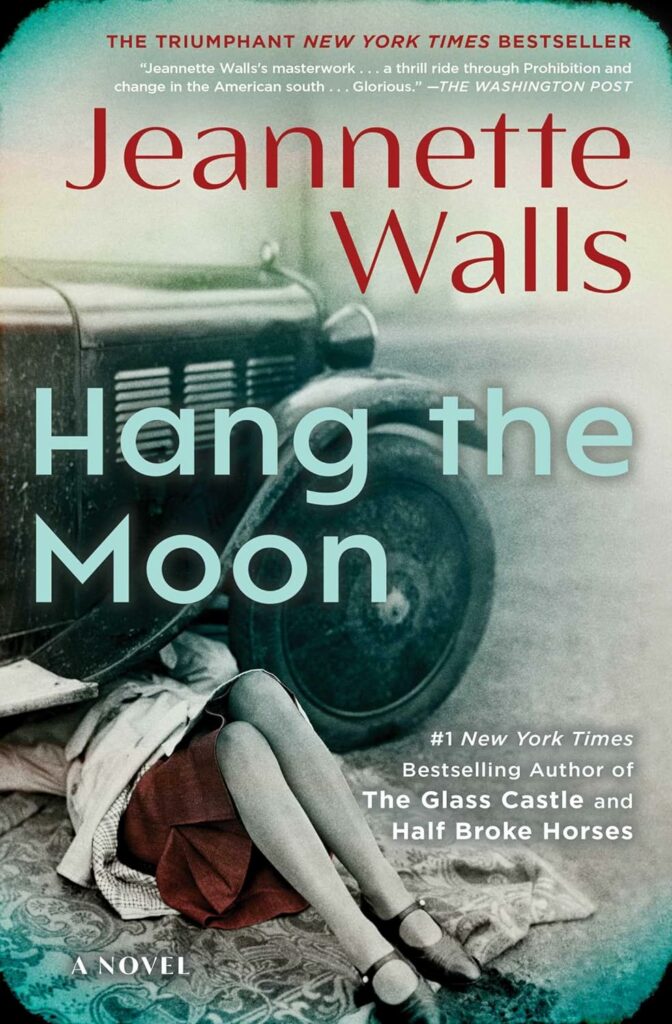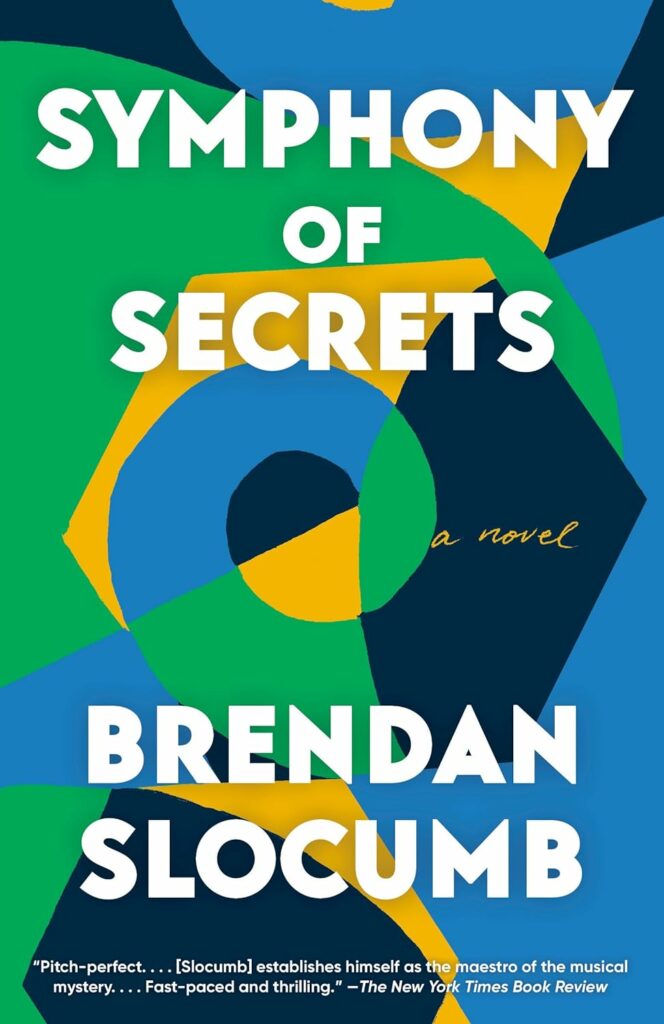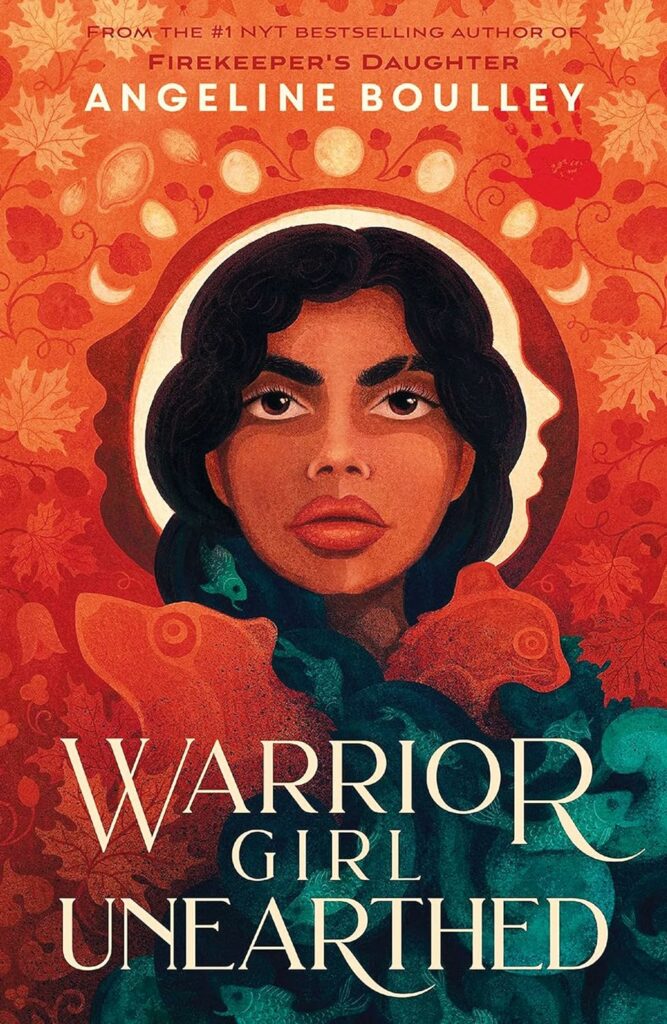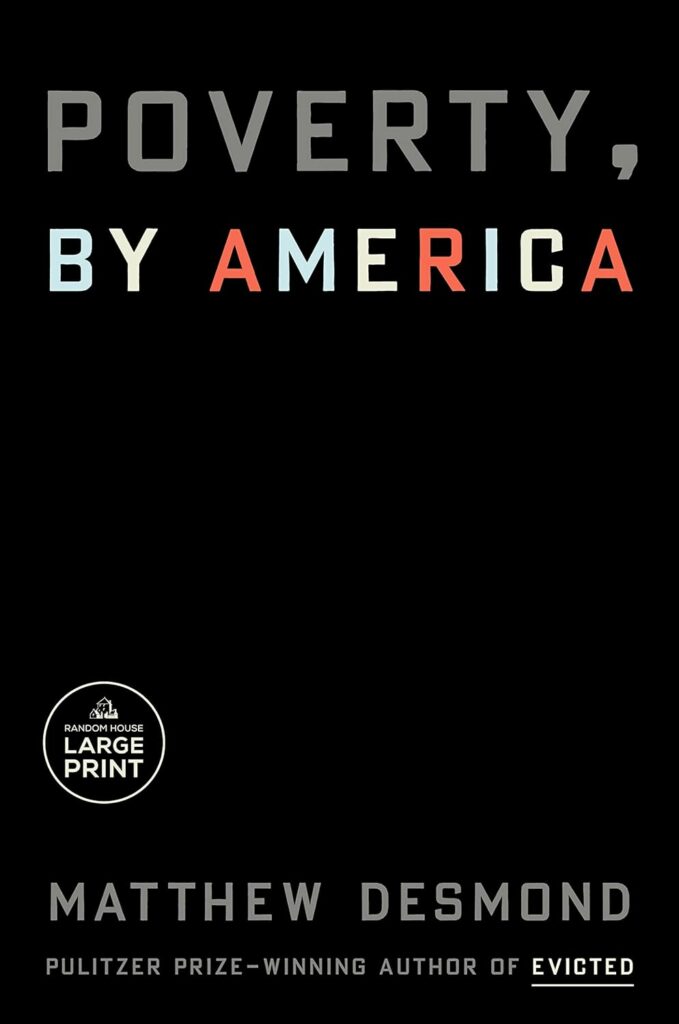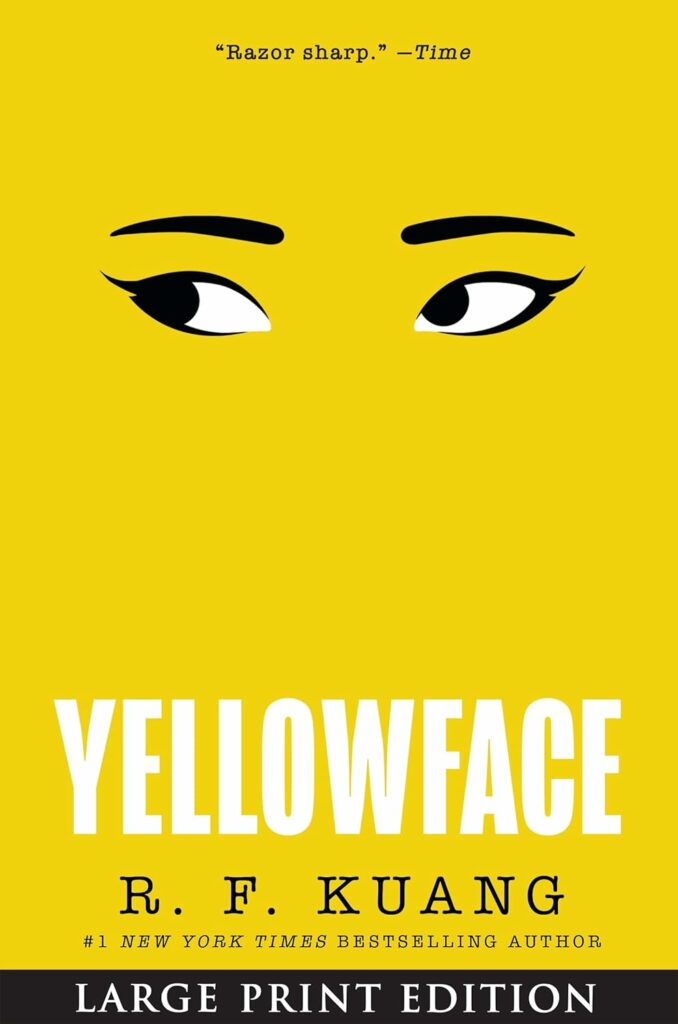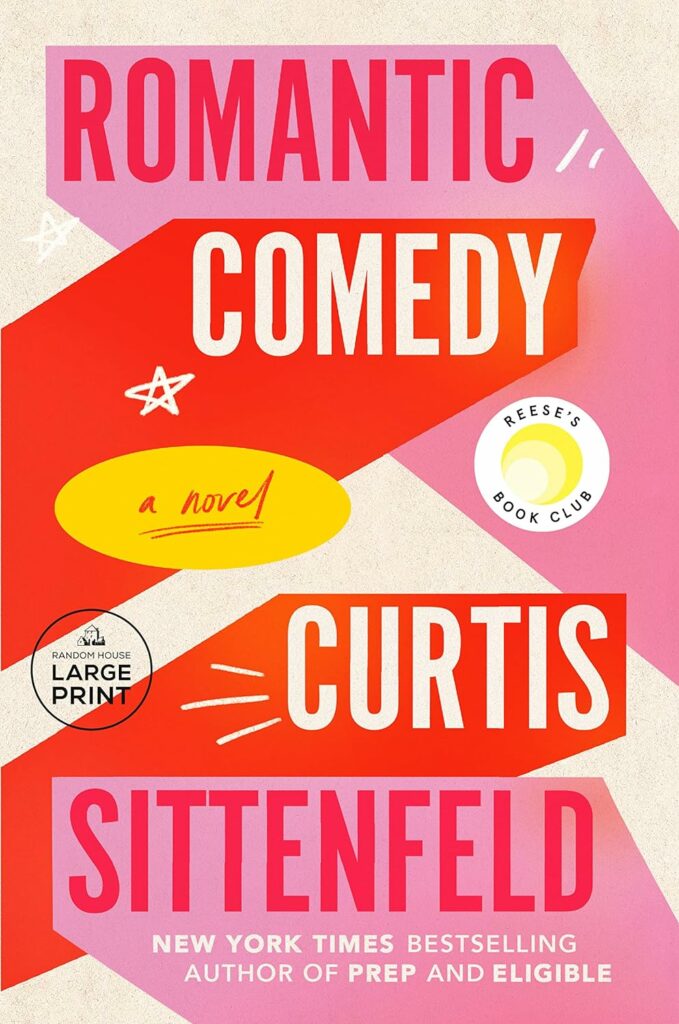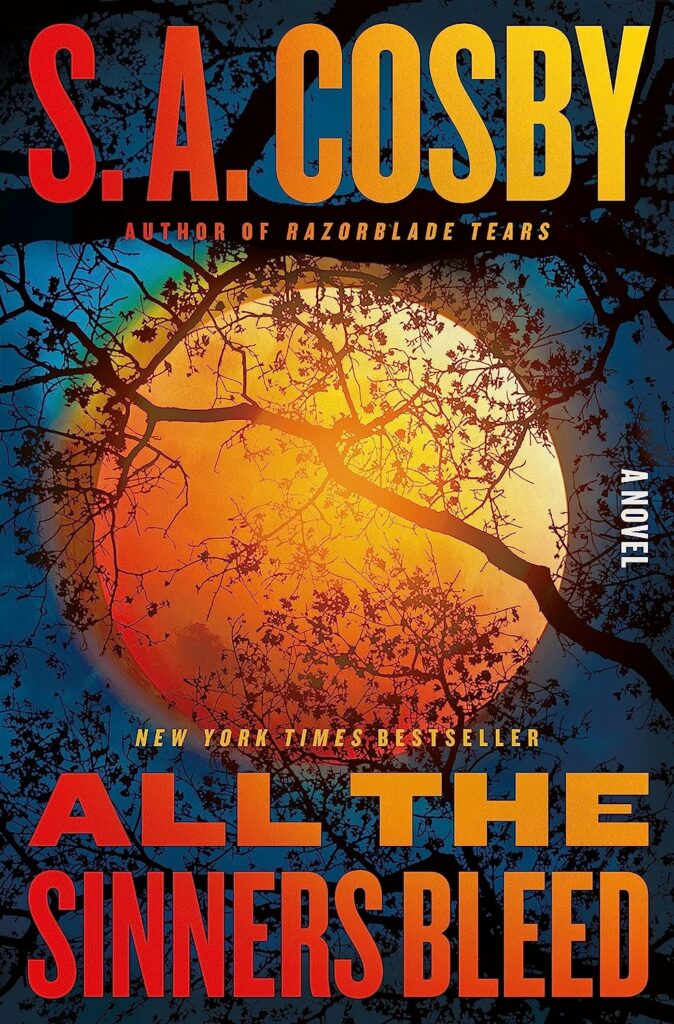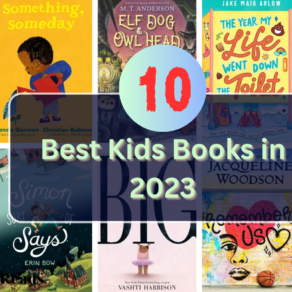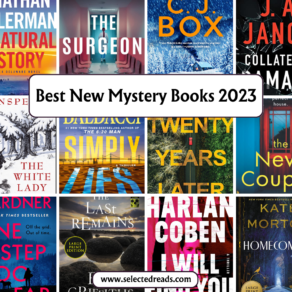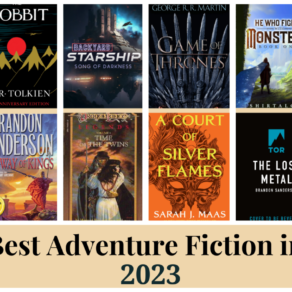As we delve into the literary landscape of 2023, it’s fascinating to see which titles are capturing the attention and acclaim of readers and critics alike. In this post, I’m excited to share a curated list of the best books of 2023, as selected by Amazon Editors.
This diverse collection not only reflects the current trends and themes resonating within the literary community but also showcases a range of voices and narratives that promise to engage, challenge, and captivate readers.

From thought-provoking non-fiction that tackles pressing global issues to immersive novels that transport us across different worlds and experiences, these selections represent the pinnacle of storytelling and scholarship this year.
Whether you’re a voracious reader always on the lookout for your next great read, or someone seeking to discover new authors and genres, this list is bound to have something that piques your interest.
Related: 10 Best Kids Books in 2023
Best Books of 2023
Here is the curated collection of the best books of 2023 so far:
1. Hello Beautiful, by Ann Napolitano
In “Hello Beautiful,” Ann Napolitano crafts a poignant narrative that echoes the classic charm of “Little Women.” The story revolves around William Waters, a man haunted by a family tragedy, who finds solace and joy in the vibrant Padavano family, particularly through his college sweetheart, Julia. The Padavano sisters – Sylvie, Cecelia, and Emeline – each bring unique dimensions to William’s life, enveloping him in a world of love and chaotic warmth. However, as shadows from William’s past emerge, the unbreakable bond among the sisters and their plans for the future face a harrowing test. To learn more about this novel, check out Hello Beautiful Review.
2. Generations: The Real Differences Between Gen Z, Millennials, Gen X, Boomers, and Silents, by Jean M. Twenge
Jean M. Twenge’s “Generations” is a compelling dive into the heart of generational differences and their impact on American society. Twenge, a renowned psychologist, meticulously analyzes extensive data to unravel the true distinctions between generations, challenging the common notion that major historical events are the sole defining factors. She posits that technological evolution plays a crucial role in shaping generational identities.
From exploring the aspirations of Boomers and Silents to examining the challenges faced by Gen X, the parenting styles of Millennials, and the COVID-impacted lives of Gen Z, Twenge offers a nuanced perspective. Her insightful analysis provides a deeper understanding of each generation, fostering a sense of empathy and awareness crucial for navigating intergenerational dynamics in various spheres of life.
3. King: A Life, by Jonathan Eig
King: A Life, by Jonathan Eig , is a monumental biography that offers a compelling and intimate portrait of the iconic civil rights leader, Martin Luther King Jr. This meticulously researched book, hailed as “the new definitive biography,” combines fresh insights from recently declassified FBI files with vivid storytelling to present a multi-dimensional view of MLK. Eig delves into King’s personal struggles, complex relationships with his family and fellow activists, and his unwavering commitment to peaceful protest for justice, even in the face of government surveillance and personal challenges.
As the narrative unfolds, readers are taken on a journey through the pivotal moments in King’s life, from his early days in the classroom to his influential role in the civil rights movement, making him not only a visionary leader but also a profoundly human figure. “King: A Life” is a timely and essential biography that brings Martin Luther King Jr.’s legacy to life, reminding us of the enduring relevance of his quest for racial and economic justice in today’s world.
4. Weyward, by Emilia Hart
Emilia Hart’s “Weyward” is a mesmerizing tale that intertwines the lives of three women across different centuries, all linked by the enigmatic Weyward Cottage. In 2019, Kate seeks refuge in the cottage, fleeing an abusive relationship, only to uncover her great aunt’s mysterious past. The narrative takes us back to 1619, where Altha faces accusations of witchcraft, her knowledge of nature misconstrued as dark magic. Then, in 1942, we meet Violet, confined by societal norms in her family’s estate, yearning for the freedom and knowledge denied to her. Hart masterfully weaves these stories, exploring themes of female resilience, the power of nature, and the enduring stigma around ‘unusual’ women. “Weyward” is a captivating exploration of women’s strength and the legacy of their struggles through time.
5. You Have to Be Prepared to Die Before You Can Begin to Live, by Paul Kix
Paul Kix’s “You Have to Be Prepared to Die Before You Can Begin to Live” is a riveting account of a pivotal moment in American civil rights history. Kix delves into the Southern Christian Leadership Conference’s ten-week campaign in 1963 Birmingham, Alabama, led by iconic figures like Martin Luther King Jr. and James Bevel. He draws parallels between this historic struggle and contemporary issues, providing a profound exploration of the campaign’s legacy. Kix’s narrative is gripping, akin to a thriller, yet deeply informative, offering insights into the minds of the leaders who shaped this crucial period. This book is not just a historical recount; it’s a lens through which we can view our present and future, understanding the impact of strategic activism and the ongoing fight for equality.
6. Pomegranate, by Helen Elaine Lee
“Pomegranate” by Helen Elaine Lee is a powerful narrative that delves deep into the life of Ranita, a woman nearing the end of her prison sentence. Lee portrays Ranita’s journey with raw honesty, exploring her struggles with addiction, her determination to regain custody of her children, and the complexities of her relationship with her lover, Maxine. The novel is a profound exploration of identity, resilience, and redemption, particularly for a Black woman navigating the challenges of recovery and societal marginalization. Lee’s writing is both lyrical and precise, painting a vivid picture of the harsh realities of incarceration and addiction, while also highlighting the strength and determination required to choose life and forge a new path.
7. Age of Vice, by Deepti Kapoor
Deepti Kapoor’s “Age of Vice” is a thrilling journey into the heart of contemporary India, where wealth, corruption, and violence intertwine in the lives of three distinct characters. The story begins with a shocking accident in New Delhi, unraveling a complex web of events involving Ajay, a servant born into poverty; Sunny, the ambitious heir of the Wadia family; and Neda, a journalist torn between desire and morality. Kapoor masterfully shifts through time and perspectives, crafting an epic narrative that explores the depths of human nature, from greed and yearning to loss and revenge. Set against the backdrop of India’s societal contrasts, “Age of Vice” is a compelling blend of crime thriller and family saga, offering a rich, immersive experience that captures the essence of a nation in flux.
8. The Wager, by David Grann
David Grann’s “The Wager” is a gripping tale of survival, mutiny, and the human spirit’s resilience. The story begins with the astonishing arrival of HMS Wager’s survivors on the Brazilian coast in 1742, after a harrowing journey from a desolate Patagonian island. Their tale of survival after a shipwreck during a secret mission against Spain captivates the public. However, the plot thickens with the arrival of another group, casting the first as mutineers. Grann masterfully recounts the ensuing court martial, delving into the anarchy and treachery that overtook the crew. His narrative skillfully combines the intrigue of a thriller with the depth of historical non-fiction, creating a vivid portrayal of life at sea and the extremes of human nature.
9. The Covenant of Water, by Abraham Verghese
“The Covenant of Water” by Abraham Verghese is a sweeping saga that traverses the lush landscapes of Kerala, India, from 1900 to 1977. This novel follows three generations of a family cursed with a peculiar fate: in each generation, someone dies by drowning in a land where water is omnipresent. The story begins with a young girl’s journey to an arranged marriage, unfolding into a life of resilience as she becomes the matriarch, Big Ammachi. Verghese weaves a rich tapestry of India’s past, exploring themes of love, loss, faith, and the relentless march of time. This novel is not just a story of a family but a poignant reflection on the progress of medicine and the sacrifices of past generations for the sake of the future, offering a masterful blend of historical depth and lyrical storytelling.
10. Happy Place, by Emily Henry
In “Happy Place” by Emily Henry, readers are plunged into the bittersweet chaos of love lost and the facade of normalcy. Harriet and Wyn, once the epitome of a perfect couple, navigate the complexities of a breakup they’ve kept secret from their closest friends. The story unfolds in a Maine cottage, their group’s annual retreat, now shadowed by the couple’s unspoken tensions and lingering desires. This year is different; it’s their last time in this cherished place, and they’re determined to maintain appearances. Henry crafts a narrative filled with humor, heartache, and the poignant reality of love’s complexities. It’s a tale that explores the difficulty of letting go, the art of pretense among those who know you best, and the unexpected paths love can take.
11. Lady Tan’s Circle of Women, by Lisa See
Lisa See’s “Lady Tan’s Circle of Women” is a captivating narrative set in Ming dynasty China, focusing on the life of Tan Yunxian, a woman destined to challenge societal norms. Raised by her grandparents, Yunxian is tutored in the art of Chinese medicine, a field dominated by men, and forms a deep bond with Meiling, a midwife-in-training. Despite the restrictions placed on her as a woman, particularly after an arranged marriage confines her to domestic life, Yunxian’s resilience and dedication to helping women shine through. See’s novel is a rich exploration of friendship, adversity, and the enduring strength of women. It’s a story that not only reimagines the life of a remarkable historical figure but also celebrates the timeless power of female solidarity and wisdom.
12. Small Mercies, by Dennis Lehane
“Small Mercies” by Dennis Lehane is a powerful, gritty novel set in the sweltering summer of 1974 in Boston’s Southie, a stronghold of Irish American tradition. The story centers around Mary Pat Fennessy, struggling to keep her head above water amidst poverty and societal upheaval. The mysterious disappearance of her daughter Jules intertwines with a young Black man’s death, leading Mary Pat on a perilous quest for truth. Lehane masterfully depicts a community grappling with racism and criminality, set against the backdrop of the city’s contentious school desegregation. This novel is a compelling thriller that delves deep into the heart of American racism, power dynamics, and the small mercies that can be found in the darkest of times.
13. Hang the Moon, by Jeannette Walls
“Hang the Moon” by Jeannette Walls is a captivating tale set in the early 20th century, focusing on Sallie Kincaid, the daughter of the influential Duke Kincaid. Sallie’s life is marked by privilege but also shadowed by the mysterious death of her mother and the complex dynamics within her family. After a reckless incident leads to her exile, Sallie returns nine years later, determined to reclaim her place. She finds herself in a world rife with conflict and lawlessness, navigating family secrets and scandals. Sallie’s journey transforms her into a bold bootlegger, challenging societal norms and family expectations. Walls crafts a narrative that is both thrilling and emotionally resonant, capturing the essence of a bygone era through the eyes of a strong, unconventional female protagonist.
14. Symphony of Secrets, by Brendan Slocumb
In “Symphony of Secrets” by Brendan Slocumb, we dive into the intriguing world of classical music and historical mystery. Bern Hendricks, an expert on composer Frederick Delaney, is thrilled to authenticate a potentially lost opera, “RED”. His journey intertwines with the story of Josephine Reed, a musical prodigy in 1920s Manhattan, whose talents propelled Delaney’s career. As Bern, aided by Eboni, delves deeper, they uncover startling truths about Delaney’s compositions and face dangerous opposition from those intent on keeping secrets buried. Slocumb weaves a compelling narrative that not only explores the complexities of musical genius but also delves into the intricate dance of history, talent, and the often unseen forces that shape art.
15. Warrior Girl Unearthed, by Boulley Angeline
“Warrior Girl Unearthed” by Boulley Angeline presents an engaging and culturally rich narrative centered around Perry Firekeeper-Birch. Initially planning a relaxed summer, Perry’s plans take a turn following a minor accident. She finds solace and purpose with Team Misfit Toys and her twin sister, Pauline. Their summer transforms into a mission to repatriate the remains of “Warrior Girl,” an ancestor held in a university museum. As Perry delves into the complexities of NAGPRA and the resistance from the university, the story unfolds into a daring heist to reclaim stolen artifacts. This novel is a profound exploration of community, heritage, and the lengths one will go to right historical wrongs, all while navigating the challenges of youth and the haunting issue of missing women in their community.
16. The Great Reclamation, by Rachel Heng
Rachel Heng’s “The Great Reclamation” is a poignant and beautifully crafted novel set in 20th-century coastal Singapore. It tells the story of Ah Boon, a boy born into a fishing village, who discovers his unique ability to locate mysterious, bountiful islands. His life intertwines with Siok Mei, a girl from his village, against the backdrop of historical events like the Japanese invasion and the struggle for Singapore’s identity.
17. Poverty, by America, by Matthew Desmond
“Poverty, by America” by Matthew Desmond is a profound and unsettling exploration of poverty in the United States, the wealthiest nation on Earth. Desmond, an acclaimed sociologist, delves into the paradox of a country abundant in resources yet plagued by widespread poverty. He examines how affluent Americans, both knowingly and unknowingly, contribute to the persistence of poverty, from exploiting low-wage workers to perpetuating systems that overcharge the poor for basic services.
The book is a critical analysis of the American welfare state, which often benefits the wealthy at the expense of the needy, and the creation of exclusive zones of wealth juxtaposed with areas of intense poverty. Desmond’s writing is both elegant and fierce, offering new perspectives on this urgent moral issue and proposing a bold vision for eradicating poverty through collective action and a politics of inclusion.
18. Yellowface, by R. F Kuang
“Yellowface” by R. F Kuang is a provocative and timely novel that delves into the complex themes of identity, cultural appropriation, and the literary world. The story revolves around June Hayward, an aspiring author overshadowed by the success of Athena Liu, a literary star. In a twist of fate, June seizes an opportunity to claim Athena’s last work as her own following Athena’s sudden death.
As June reinvents herself as Juniper Song, complete with a new, ethnically ambiguous persona, she grapples with the moral implications of her actions and the consequences that follow. Kuang masterfully crafts a narrative that challenges the reader to consider the fine line between homage and theft, the role of race in the literary world, and the lengths to which one might go in the pursuit of success and recognition.
19. Romantic Comedy, by Curtis Sittenfeld
In “Romantic Comedy” by Curtis Sittenfeld, we meet Sally Milz, a talented sketch writer for the popular late-night show “The Night Owls.” Sally, having given up on love, focuses on her career and casual relationships. However, her world is shaken when she observes the trend of average-looking men, like her colleague Danny Horst, dating stunningly beautiful women, leading her to create a sketch that satirizes this phenomenon.
Enter Noah Brewster, a charming pop star and guest on the show, who unexpectedly connects with Sally. As they collaborate, Sally starts to question her beliefs about love and relationships. Sittenfeld skillfully navigates the complexities of modern romance and gender dynamics, offering a witty and insightful look at the unpredictable nature of love and the societal expectations that shape our views on romance and compatibility.
20. All the Sinners Bleed, by S. A. Cosby
“All the Sinners Bleed” by S. A. Cosby is a gripping novel that delves into the life of Titus Crown, the first Black sheriff in Charon County, Virginia. In this small town with a seemingly quiet history, Titus is faced with a shocking crime when a school teacher is killed by a former student, leading to a series of events that unveil terrible secrets and the presence of a hidden serial killer.
As Titus investigates, he must also grapple with his own painful past while dealing with the challenges of a far-right group aiming to celebrate the town’s Confederate history. Cosby’s writing is described as fresh and exhilarating, capturing the atmospheric pressure cooker of Charon, and the novel has received critical acclaim from multiple sources, including the likes of Stephen King. With its powerful storytelling, “All the Sinners Bleed” cements S. A. Cosby’s reputation as a distinctive voice in American crime fiction.
Final thoughts
From the depths of human experience to the heights of imaginative storytelling, this list of best books in 2023 offer a rich tapestry of narratives that are both enlightening and profoundly engaging. Whether it’s the raw truth of societal issues or the intricate weaving of fictional worlds, each book on this list promises a journey worth taking.



